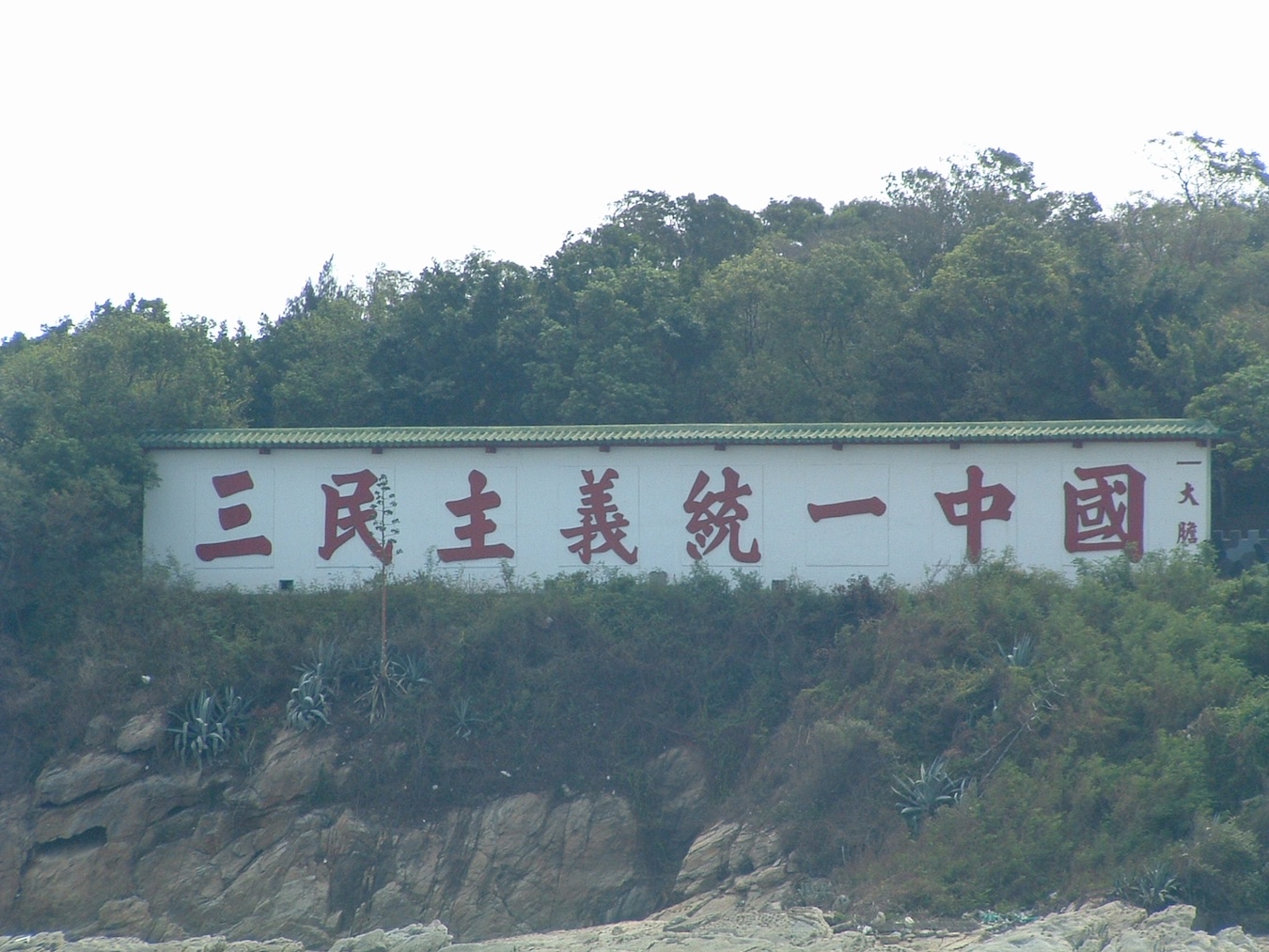by Brian Hioe
語言:
English
Photo Credit: Vmenkov/WikiCommons/CC BY-SA 3.0
POLITICAL CONTESTATION between Taiwan and China regarding waters around Taiwan’s outlying island of Kinmen continues.
Current contention takes place after an incident in February in which a Chinese boat with four fishermen on it intruded into Kinmen territorial waters. The boat refused a search from the Taiwanese Coast Guard and instead attempted to flee in a zig-zagging motion.
The vessel capsized, however, after colliding with the Coast Guard vessel. When the men were recovered from the water, two were without vital signs.
The Chinese government denounced the incident, framing it as an incident that only occurred because of the Taiwanese Coast Guard’s bullying of Chinese fishing vessels. This was claimed to be a common occurrence under the Tsai administration.
Nevertheless, the Taiwanese Coast Guard also faced scrutiny over the fact that it had not immediately disclosed that the vessel had capsized because of a collision. This allowed the Chinese government to frame itself as having the high moral ground over the incident. Since then, the Coast Guard has ordered thousands of body cameras, promising to be more transparent in the future.
The Chinese government used the incident to escalate grey-zone activity afterward, announcing that it would be stopping and searching Taiwanese tourist vessels, and later carrying out such actions.
More positively, there was some cooperation between the Taiwanese and Chinese Coast Guards after an instance in which Chinese fishermen fell overboard. But following an incident in which two Taiwanese fishermen were later rescued by the Chinese Coast Guard after going adrift and ending up in Chinese waters after the engine of their vessel broke, one fisher has not been allowed to return because he is an active duty member of the Taiwanese military.
 Photo credit: Minsc/WikiCommons/CC BY-SA 3.0
Photo credit: Minsc/WikiCommons/CC BY-SA 3.0
According to KMT legislator Chen Yu-jen, this member of the military is in the process of being discharged, so as to make the process of repatriating him easier. However, this proves an example of how accidents involving Taiwanese in waters near Kinmen prove politically fraught at the moment.
In Aprilt, then, one saw a proposal from KMT legislator Chen Yeong-kang to change the authority for demarcating restricted waters from the Ministry of Defense to the Ocean Affairs Council. While both are DPP-controlled and under the authority of the executive branch of government, the argument made by Alexander Huang and other members of the KMT is that this would deescalate, in showing that demarcation of restricted waters is a civilian and not defense-related affair.
For its part, the Mainland Affairs Council has suggested that the proposal would do little to change the situation. Indeed, one notes that the aggressor in this situation is China, and this might be interpreted as backing down in a way that emboldens Chinese activity.
Yet in mid-February, one notes that the Taiwanese military emphasized that this was a matter involving the Taiwanese Coast Guard, and that it had no plans to step up or increase military activity around Kinmen in response. This was clearly an attempt to avoid tit-for-tat escalation in such a manner that draws both the Taiwanese and Chinese militaries in.
It is expected, however, that the KMT is likely to leverage on such incidents in suggesting that the Tsai administration is unwilling to show restraint to China in a manner that increases the likelihood of conflict. Similarly, with regards to negotiations over the Taiwanese fisher part of the military, the KMT is likely to use the incident to try and project the perception that it alone is able to communicate with the CCP in a way that the DPP cannot, and that this is why the party should be in power–because it is able to conduct direct communications with the CCP to dial back cross-strait tensions.

